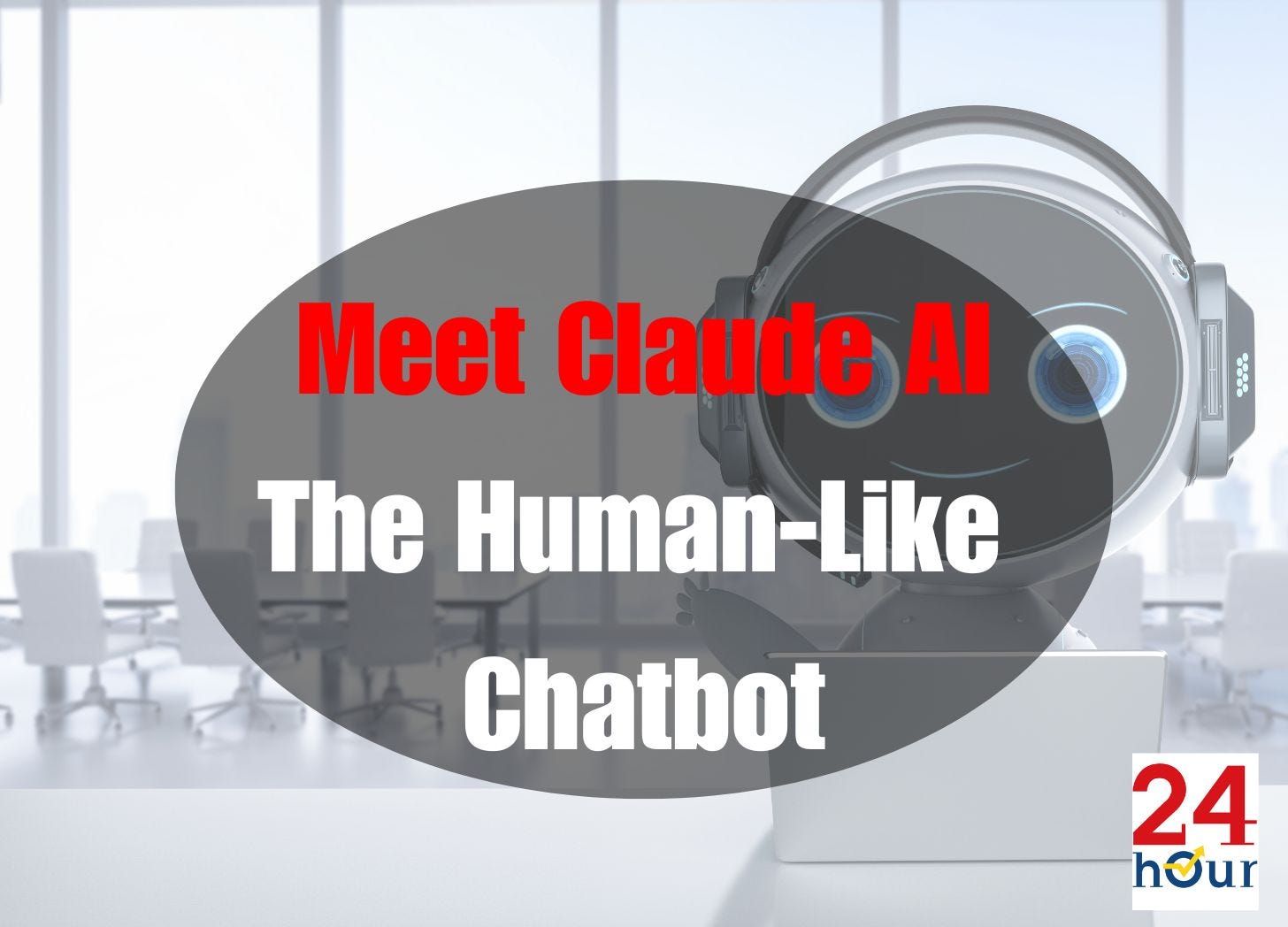Discover Claude AI: The Most Human-Like Chatbot Yet
Despite being an AI, Claude conveys opinions and creates a sense of personal connection, striking a delicate balance between its artificial nature and a more human-like interaction.
Highlights
Rapid AI Advancements: Expect continuous AI progress, opening new research possibilities.
Human-Like Interaction: AI like Claude offers personalized, empathetic experiences with a focus on privacy.
Versatile Yet Limited: Claude handles diverse tasks well but lacks real-time information capabilities.
The AI landscape rapidly evolves, pushing the boundaries of what's possible. Tools like AlphaProof and AlphaGeometry 2 are already solving complex mathematical problems, opening new frontiers for research.
As AI advances at lightning speed, it's essential to focus on how these technologies impact our daily lives. Take, for instance, Claude.ai – an AI chatbot making waves in the industry by offering a uniquely empathetic and personalized interaction experience. So, can this platform redefine human-AI interaction?
Claude AI: A Breath of Fresh Air (or Just Hype?)
Let's delve into Claude AI, a fresh player in the chatbot arena. Developed by Anthropic, Claude boasts a variety of language models like Claude 1, 2, and Instant – pre-training, fine-tuning, and lightweight versions – each catering to different use cases. While the technical intricacies of its architecture may not appeal to everyone, Anthropic's mission certainly does: to create honest, safe AI that aligns with human values.
What sets Claude apart is its approach to interaction. Honestly, in my experience, most chatbots feel cold and robotic (I mean, they are robots, duh). They throw information at you, but there's no emotional connection.
Claude, however, seems different. Its focus on privacy – no data and conversation storage or unauthorized monitoring – is refreshing. Claude also tackles various tasks – answering questions, explaining things, and generating creative content. As a writer, I can see how Claude could be a valuable brainstorming partner, helping with article ideas or social media posts. Its feature to elaborate on its vision also comes in handy – we all have different perspectives at the end of the day.
One of Claude's intriguing features is its ability to write and understand code. I'm not an engineer, so I can't test it myself, but online reviews seem positive. If you are a programmer, I'd love to hear your thoughts in the comments below!
I'm currently using the free version of Claude, but a pro plan with enhanced features is available for €18 per month. This could be a worthwhile investment for teams, though I haven't leaped yet.
Yet, the question remains: does Claude live up to its "caring" AI claims? So, let's see if Claude is a genuine breakthrough or just another hyped-up chatbot.
Keep reading with a 7-day free trial
Subscribe to 24Hour Journal to keep reading this post and get 7 days of free access to the full post archives.




